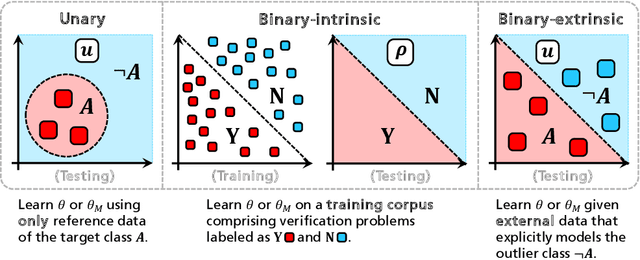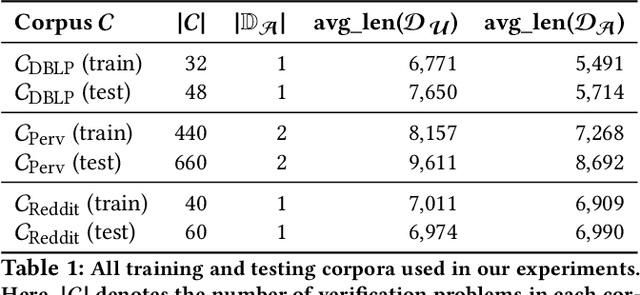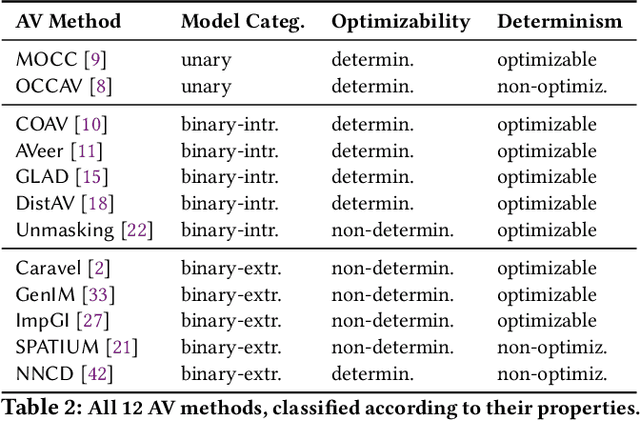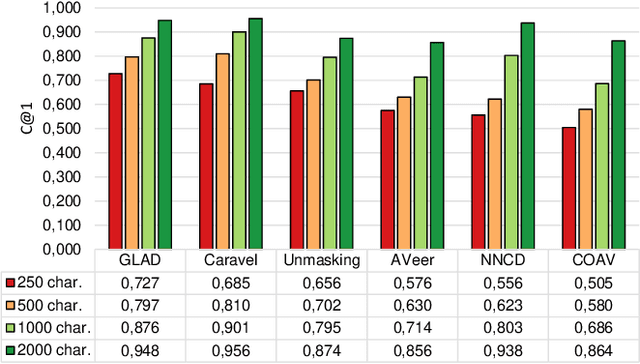Assessing the Applicability of Authorship Verification Methods
Paper and Code
Jun 24, 2019



Authorship verification (AV) is a research subject in the field of digital text forensics that concerns itself with the question, whether two documents have been written by the same person. During the past two decades, an increasing number of proposed AV approaches can be observed. However, a closer look at the respective studies reveals that the underlying characteristics of these methods are rarely addressed, which raises doubts regarding their applicability in real forensic settings. The objective of this paper is to fill this gap by proposing clear criteria and properties that aim to improve the characterization of existing and future AV approaches. Based on these properties, we conduct three experiments using 12 existing AV approaches, including the current state of the art. The examined methods were trained, optimized and evaluated on three self-compiled corpora, where each corpus focuses on a different aspect of applicability. Our results indicate that part of the methods are able to cope with very challenging verification cases such as 250 characters long informal chat conversations (72.7% accuracy) or cases in which two scientific documents were written at different times with an average difference of 15.6 years (> 75% accuracy). However, we also identified that all involved methods are prone to cross-topic verification cases.
 Add to Chrome
Add to Chrome Add to Firefox
Add to Firefox Add to Edge
Add to Edge